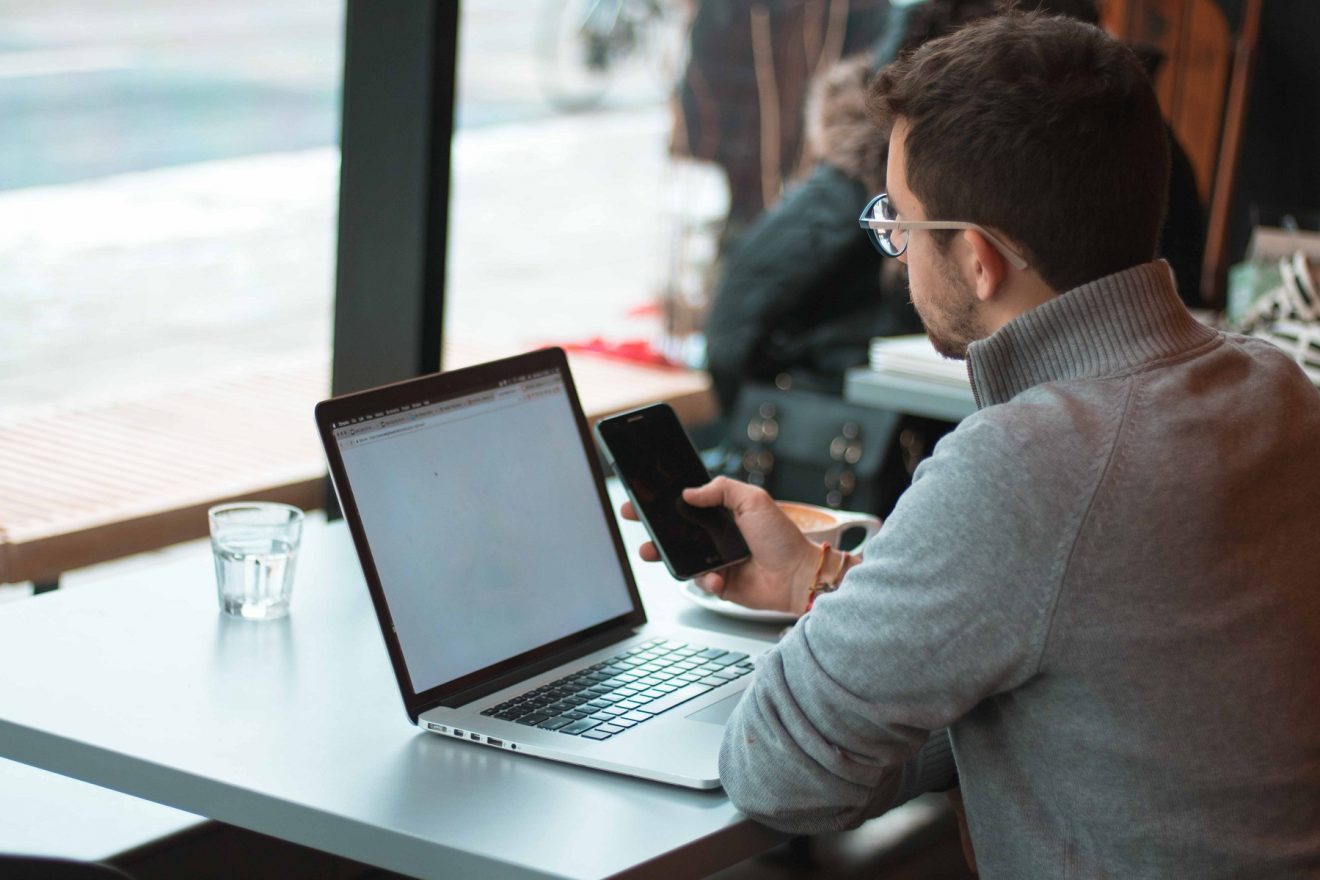Navigating the DAO Landscape: A Dive into Web3 Autonomy
The emergence of Decentralized Autonomous Organizations (DAOs) marks a pivotal moment in the evolution of the blockchain and cryptocurrency ecosystem. DAOs represent a paradigm shift in how we conceptualise and operate organisations. In this exploration of the DAO landscape, we embark on a journey into the heart of Web3 autonomy, uncovering the principles, innovations, and implications reshaping how we collaborate, govern, and transact in the digital age.
As of 2023, the total number of DAO governance token holders is 6.9 million, with 2.1 million active voters and proposal makers. Six DAOs have a treasury of more than $1 billion: Optimism Collective, Arbitrum One, BitDAO, Uniswap, Polygon, and Gnosis. Between 2019 and 2020, the number of DAOs grew by 660%.
At its core, a DAO is a self-governing entity that operates through smart contracts on a blockchain. It is an organization without a central authority, where decisions are made collectively by token holders or members. This innovative structure upends traditional models, eliminating intermediaries, enhancing transparency, and fostering inclusivity in decision-making.
A Prelude to DAOs
For centuries, traditional organizational models have been the backbone of institutions, governments, and corporations worldwide. These models were characterised by centralized control, hierarchical decision-making structures, and a concentration of power at the top. In such systems, decision-making authority typically rested with a select few, often disconnected from the broader community or stakeholders.
Transitioning to the DAO Frontier: A Necessity or a Choice?
In the face of technological advancements and changing societal values, the emergence of Decentralized Autonomous Organizations (DAOs) represents both a necessity and a choice. The necessity arises from the shortcomings of traditional models, which have often led to inefficiencies, lack of transparency, and mistrust. These limitations have become increasingly evident in a world that craves transparency, inclusivity, and eliminating intermediaries.
The transition to DAOs reflects a broader shift toward decentralisation, empowered by blockchain technology. DAOs respond to the call for more democratic and participatory decision-making processes. They leverage blockchain's immutable ledger and smart contract capabilities to create organisations that are autonomous, transparent, and governed by a distributed network of stakeholders.
While the transition to DAOs is a choice for many, it's also becoming necessary for industries and sectors looking to adapt to a changing landscape. Decentralized finance (DeFi), digital art curation, and governance in blockchain networks are just a few examples where DAOs have gained traction due to their innate ability to facilitate trust, transparency, and consensus in a decentralised manner.
Unveiling the DAO Anatomy
Decentralized Autonomous Organizations (DAOs) represent a profound ideological shift in how we conceive of and operate organisations. Centralised control, hierarchical structures, and the concentration of decision-making power have long characterised traditional models. In stark contrast, DAOs embody a decentralised ethos where power and decision-making authority are distributed among participants.
Greater transparency, inclusivity, and trust in organisational structures are the driving forces behind this shift. DAOs aim to break away from the monopolisation of authority and give every stakeholder a voice in shaping the organisation's future. It is consistent with the decentralisation ideals that blockchain technology, which supports DAOs, promotes.
Every DAO's core lies in a carefully orchestrated interplay of three key components: smart contracts, governance tokens, and human discretion. Nearly 182 of these DAOs tracked by deepdao.io held a treasury value or AUM of around $10B.
Smart Contracts
Smart contracts are self-executing pieces of code that automate the rules and operations of the DAO. They define how funds are managed, how decisions are made, and how rewards are distributed. Smart contracts ensure transparency and trust by eliminating the need for intermediaries.
Governance Tokens
Governance tokens grant voting power and influence within the DAO. Token holders use these tokens to propose and vote on decisions, effectively shaping the DAO's direction. The more tokens one holds, the greater their influence, but this democratic process ensures that decisions are made collectively.
Human Discretion
Despite the automated nature of smart contracts and the use of tokens, human discretion still plays a vital role in DAOs. Individuals bring their expertise, judgement, and values to the decision-making process, ensuring that complex or context-specific matters are adequately addressed.
This interplay of technology (smart contracts), economic incentives (governance tokens), and human judgement fosters a dynamic and adaptable organizational structure. It allows DAOs to navigate various challenges and complexities while staying true to their decentralized ethos.
Beyond Theoretical Constructs
While the concept of Decentralized Autonomous Organizations (DAOs) has been explored theoretically, several pioneering DAOs have ventured into real-world applications, offering a glimpse of their operational potential.
These avant-garde DAOs span various sectors, showcasing their versatility. In decentralized finance (DeFi), DAOs like MakerDAO enable decentralized lending and stablecoin issuance, fundamentally reshaping the financial landscape. In the art world, platforms like ArtDAO facilitate collective curation and ownership of digital art, fostering new possibilities for artists and collectors.
Additionally, DAOs like MolochDAO and DAOstack exemplify community-driven governance, providing a framework for collective decision-making in blockchain projects.
Beyond their operational functionality, DAOs are redefining collaborative efforts and community engagement on a global scale.
Global Participation
DAOs leverage blockchain's borderless nature to allow global participation. Anyone, regardless of geographic location, can join and contribute to DAOs, promoting inclusivity and diversity.
Community Empowerment
DAOs empower communities by giving members a direct say in decision-making. This fosters a sense of ownership and commitment, leading to more engaged and motivated participants.
Collective Intelligence
DAOs harness collective intelligence. Decisions are made collaboratively, drawing from the expertise and insights of a diverse group of stakeholders. This results in more well-informed and balanced choices.
Transparency and Trust
The transparency inherent in DAO operations builds trust among participants. Every action, proposal, and transaction is recorded on the blockchain, ensuring accountability and reducing the risk of fraud or manipulation.
Innovation and Experimentation
DAOs provide a fertile ground for innovation and experimentation. They encourage bold ideas, experimentation with new governance mechanisms, and the creation of novel financial instruments.
Decentralized Ecosystems
DAOs are not isolated entities but interconnected with other blockchain projects. They form a decentralized ecosystem where assets, ideas, and governance principles can flow freely.
The Daunting Road Ahead
Addressing the Elephant in the Room: Legal, Ethical, and Security Conundrums
As Decentralized Autonomous Organizations (DAOs) continue to grow in prominence, they face a challenging road ahead, marked by legal, ethical, and security conundrums that demand careful consideration.
Legal Ambiguity
The legal status of DAOs remains uncertain in many jurisdictions. Questions regarding liability, taxation, and regulatory compliance create ambiguity. Legal frameworks need to adapt to accommodate the unique decentralized nature of DAOs while ensuring consumer protection and security.
Ethical Dilemmas
DAOs operate on principles of decentralization and transparency, but ethical concerns can arise. Decision-making processes that prioritize token holders may inadvertently exclude marginalized voices. Striking a balance between decentralization and ethical governance is a complex challenge.
Security Vulnerabilities
Despite blockchain's reputation for security, DAOs are not immune to breaches and exploits. Recent hacks and vulnerabilities have exposed the need for robust security measures and auditing processes to safeguard assets and maintain trust within these organizations.
Despite these challenges, DAOs have demonstrated remarkable resilience and adaptability in the face of evolving regulatory landscapes.
Self-Regulation
DAOs have shown an ability to self-regulate and implement governance mechanisms to address security vulnerabilities. They often respond swiftly to breaches and take proactive measures to prevent future attacks.
Compliance Initiatives
Some DAOs are proactively engaging with regulators to establish compliance standards. Initiatives like the "DAO Code of Conduct" aim to promote ethical practices and transparency.
Hybrid Models
DAOs are exploring hybrid models that combine decentralization with compliance. By incorporating KYC (Know Your Customer) processes and identity verification, they aim to bridge the gap between regulatory requirements and decentralized principles.
Global Reach
The global nature of DAOs enables them to operate across borders, potentially avoiding overly restrictive regulations in one jurisdiction by relocating or reorganizing in another.
Looking Beyond the Horizon
As we peer beyond the horizon, it becomes increasingly evident that Decentralized Autonomous Organizations (DAOs) have the potential to weave themselves into the very fabric of our societal and economic structures. DAOs offer a vision of governance that is inclusive, transparent, and driven by the collective intelligence of their members.
In the future, we might see DAOs play a pivotal role in reshaping how communities make decisions, allocate resources, and interact with one another. From neighborhood initiatives to global governance, DAOs could become the backbone of a more participatory and equitable society.
This vision extends to the economic realm, where DAOs are poised to disrupt traditional business models. By allowing stakeholders to participate directly in decision-making and share in the profits, DAOs can democratize entrepreneurship.
Startups and enterprises may increasingly adopt DAO structures, reducing hierarchies and fostering innovation. In this DAO-driven economic fabric, ownership and governance become decentralized, and wealth distribution becomes more equitable.
Summary
Delve into the realm of DAOs, from their historical roots to their role in shaping Web3's decentralised future. Explore the inner workings, real-world applications, and challenges these autonomous organisations face on their journey toward reshaping society and economics.

















Add Comment